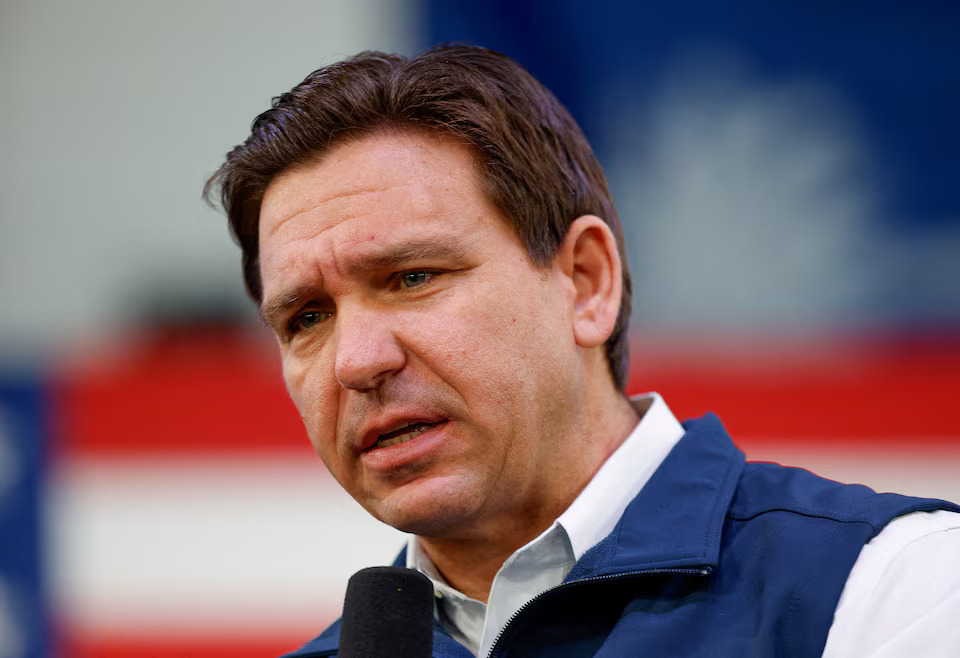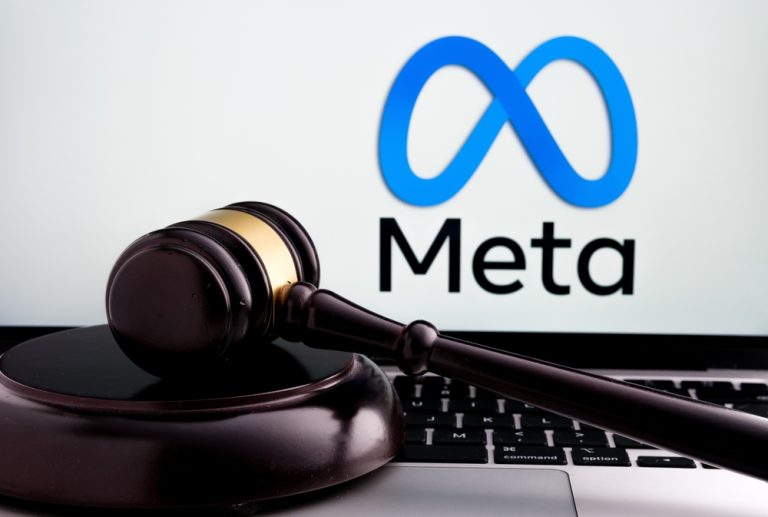In an unexpected turn of events that marks a potential thaw in the icy relations between Florida’s government and one of its largest entertainment giants, Walt Disney (DIS.N) and Florida Governor Ron DeSantis have jointly announced a settlement that puts an end to the high-profile lawsuit regarding the control of the special district encompassing Walt Disney World in Orlando. This settlement not only signifies an easing of tensions in a bitter fight but also paves the way for future cooperation and development agreements regarding Walt Disney World.
Walt Disney World President Jeff Vahle hailed the settlement as beginning a “new chapter of constructive engagement” with the district’s new leadership, suggesting a hopeful outlook for Disney’s operations and development in Florida. The conflict initially ignited over Disney’s public opposition to Florida’s controversial educational measure, dubbed by critics as the “Don’t Say Gay” bill, which led Governor DeSantis to retaliate by targeting the autonomy Disney held over its theme parks. This retaliation took the form of legislative moves to abolish the special district, sparking a series of legal battles between the two parties, including Disney’s lawsuit over public records access and a federal lawsuit against DeSantis.
The settlement agreement, announced on Wednesday, entails Disney’s commitment not to contest the oversight board’s stance on land use plans adopted by previous boards. This effectively leaves a 2020 plan as the operational blueprint for Disney’s Orlando theme parks and retail district. This resolution follows the departure of key figures from the oversight district’s board, opening the door for renewed dialogue and cooperation.
Central Florida Tourism Oversight District Vice Chairman Charbel Barakat expressed enthusiasm for working alongside Disney and other businesses to enhance the region’s reputation for world-class attractions and governance. This sentiment underscores the broader implications of the settlement, not just for Disney and the Florida government but for the entire Central Florida region, known for its pivotal role in the tourism industry.
As the dust settles on this legal skirmish, the focus now shifts to the implications of this agreement for future development and governance in one of the world’s most beloved entertainment destinations. The settlement ends the immediate legal confrontations and hints at a more collaborative future, potentially leading to innovative developments and enhanced governance that could benefit both parties and the millions of visitors who flock to Walt Disney World each year.






















